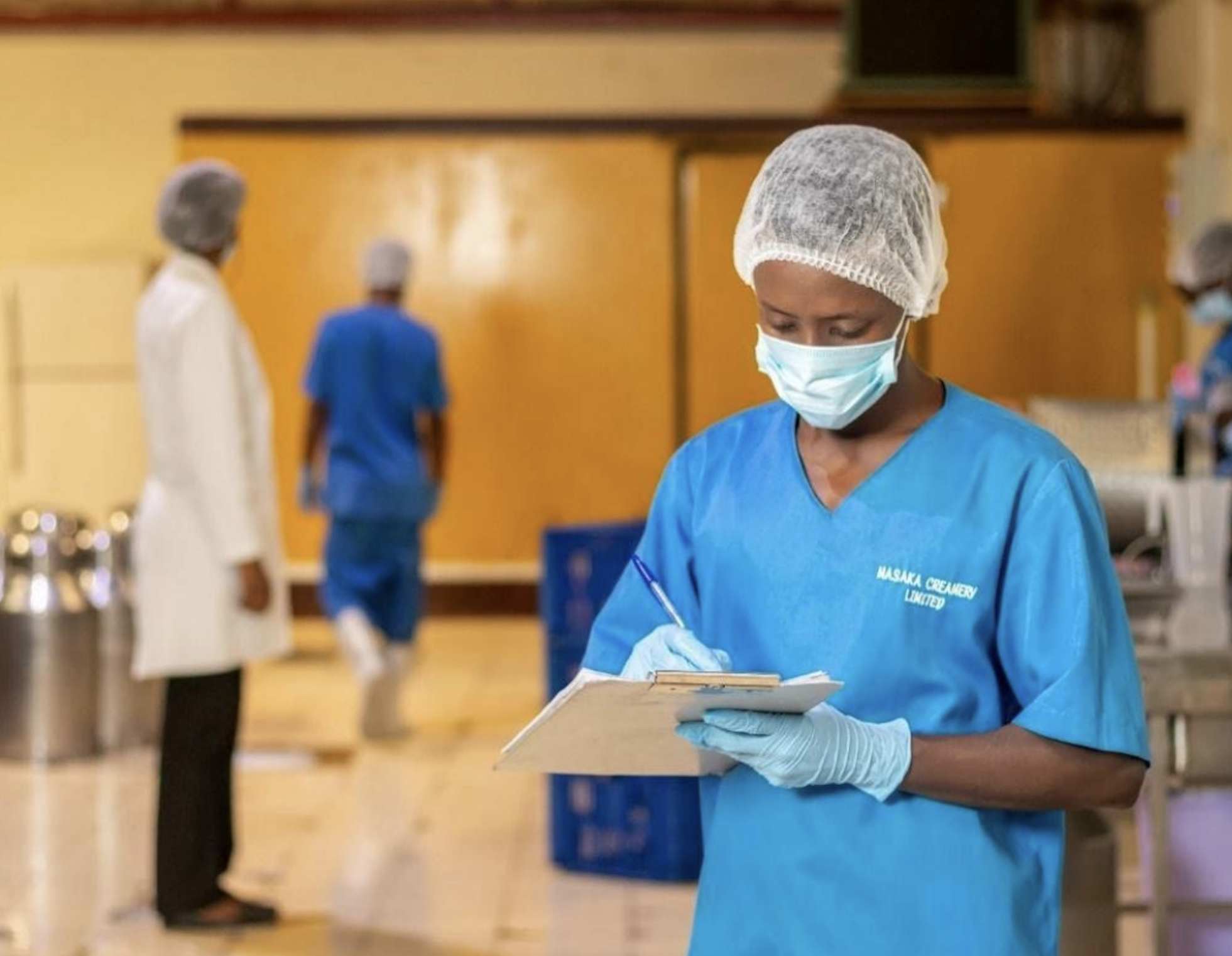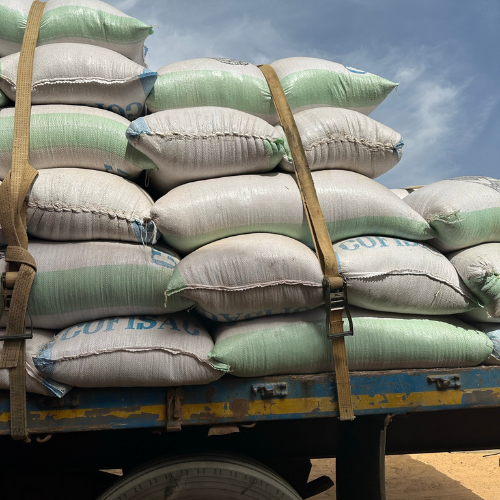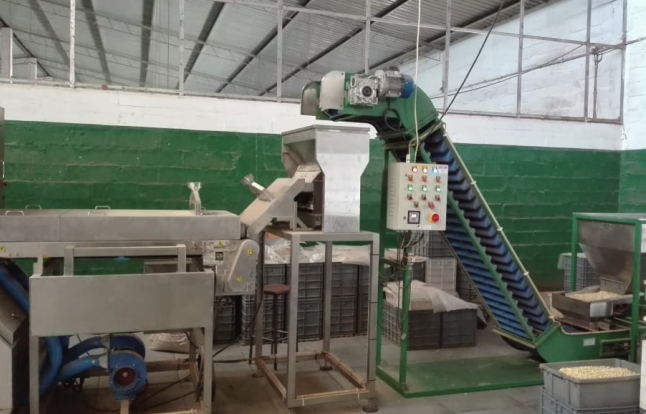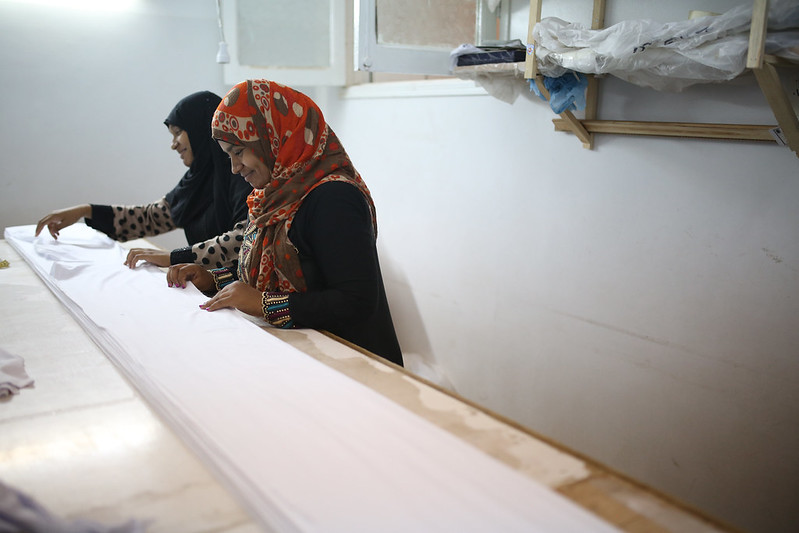Recent Publications & Learning
Doing development differently starts with better evidence and learning.
Doing development differently starts with better evidence and learning.

This report offers an in-depth assessment of 30 USAID-funded activities undertaken by implementing partners active during the pandemic in over 20 countries and across both agricultural and nonagricultural sectors.
Read More
Brief 3 in the MSD in MEL Clinic Series deepens insights from Shifting the Locus of Learning: Catalyzing Private Sector Learning to Drive Systemic Change report, sharing collective learning and experience from Senior MEL Managers and synthesizing eight tips for practically enhancing partner and system-level learning.
Read More
Learning is at the heart of the process of economic development—it drives more competitive, resilient, and inclusive firms and systems. Yet learning is less frequently seen as a critical function within systems that can catalyze and quicken systems change and enable adaptation. This brief makes the case that programs can and should shift the locus of learning from being only program-focused to system-focused.
Read More
In Chapter 4 from "Making Markets Work for the Poor," a recent edited work inspired by the life and legacy of Alan Gibson, MSA Founder and Principal Ben Fowler and co-author Jake Lomax examine the shift in M4P programmes from monitoring and evaluation to monitoring and results measurement to inform decision-making and understand system-level change.
Read More
This paper explores lessons learned from a USAID-funded learning network of implementing partners, known as CLAIM, which developed innovative methods to measure the seemingly intangible contributions of collaborating, learning, and adapting (CLA) to organizational effectiveness and development outcomes.
Read More
Tools and resources for a gendered approach to monitoring, evaluation and learning (MEL) during the COVID-19 pandemic compiled by the Feed the Future Advancing Women’s Empowerment (AWE) program team.
Read More
The United States Agency for International Development (USAID) Feed the Future Mozambique Agricultural Innovations Activity (FTF Inova) seeks to stimulate sustainable, agriculture-led economic growth, which is critical to reducing poverty and hunger. The aim is to contribute to this change by catalyzing more inclusive and competitive agricultural market systems. This Plan sets out FTF Inova’s Monitoring, Evaluation and Learning (MEL) System and explains how results are monitored and measured to support strategic, informed, and adaptive management of interventions, while allowing FTF Inova to report on achieved results.
Read More
This webinar explored practical applications of poverty measurement tools that capture the multi-dimensional aspects of poverty and intra-household dynamics. Speakers discussed tools such as the Poverty Probability Index (PPI), the Individual Deprivation Measure and the Disadvantage Assessment, and their abilities to capture gender-responsive results.
Read More
Presentation at the 2018 DCED-BEAM Seminar in Nairobi, Kenya on the role of feedback in driving adaptation and improvement
Read More
It’s easy to notice and look for information that supports our pre-existing beliefs and ignore that which doesn’t—i.e., confirmation bias. This is a guide to mitigate confirmation bias in research and how to structure studies, so they acknowledge and counter existing biases.
Read More